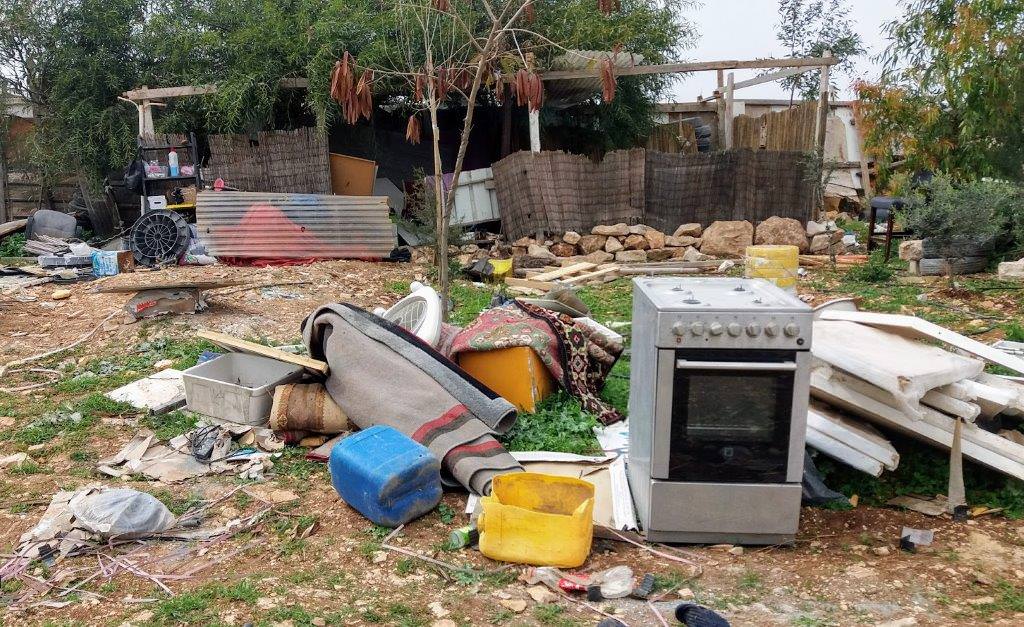
Child Labor
Child labor was not directly a problem for the friendship, but it did conflict with my Western value system according to which children are not supposed to work. In the dominant culture of the Netherlands, there is an unambiguous division between what children are supposed to do and what is done by adults. Children are excluded from many social and work-related activities. To put it – perhaps overly – simply: they learn at school and afterwards are free to play. Children may be asked to set the table, throw out the garbage, or – when they are older – look after younger children when parents are an evening out, but generally, requests from children to contribute to family life are limited. In Israel, the distinction between the lives of children and adults seems to be comparable to the Netherlands in most situations, but less strict when it comes to social events. It seems that in Israel children can participate in many social activities – like social visits or dinner parties – from which they would be excluded in the Netherlands.
By contrast, with children in Western Europe and North America, Bedouin children are socialized in playing a part in family and community life as much as they are able. Bedouin children are present in adult activities. Bashar would occasionally take along on errands and to his work one of his children, mostly Nimmer (the oldest), from the age of two. At the garage too the mechanics would now and then bring their small boys. The children observe and later imitate the adults. Bashar said: “This creates a feeling of togetherness of the family. They are not requested to behave like that. They do it voluntarily, because they enjoy it. Furthermore, we want our boys to become men, and this is how they learn it. It gives honor to the family to see your son behave like a man”. Small girls and boys are expected to help in the house. They may look after their younger siblings, take part in the daily care taking of the house, and serve the men. At a later age, girls will remain at home to assist their mothers, while boys will go out to work at a young age. A few examples: Bashar took care of the goats from age five. His son, Nimmer, does not work, but he would bring on request things from another room at age two, and started to show signs of looking after his baby brother at age three, the same age at which Bashar began taking him along to his place of work. I was there one night when Bashar’s wife, Um Nimmer, got upset with Nimmer, since she had sent him to the shop – in the center of the village – to buy a light bulb and he had come back without. Nimmer then was a little over four years old. His cousin, Amir, works from age eight at his father’s gas station, the one I mentioned before, filling gas and taking care of payments. At age ten, Amir learned to drive a car.








